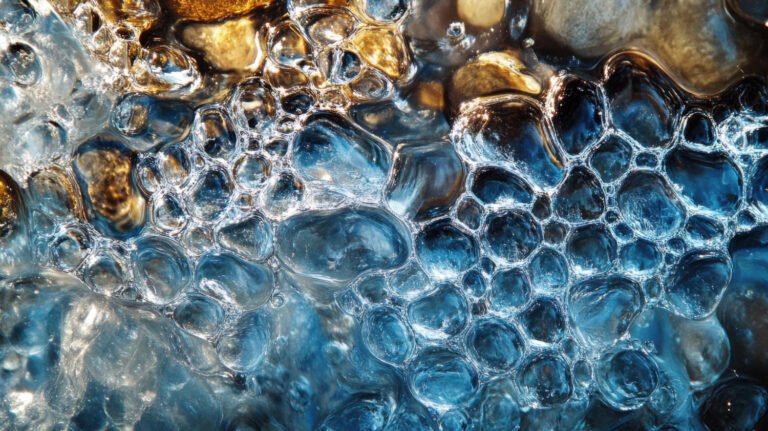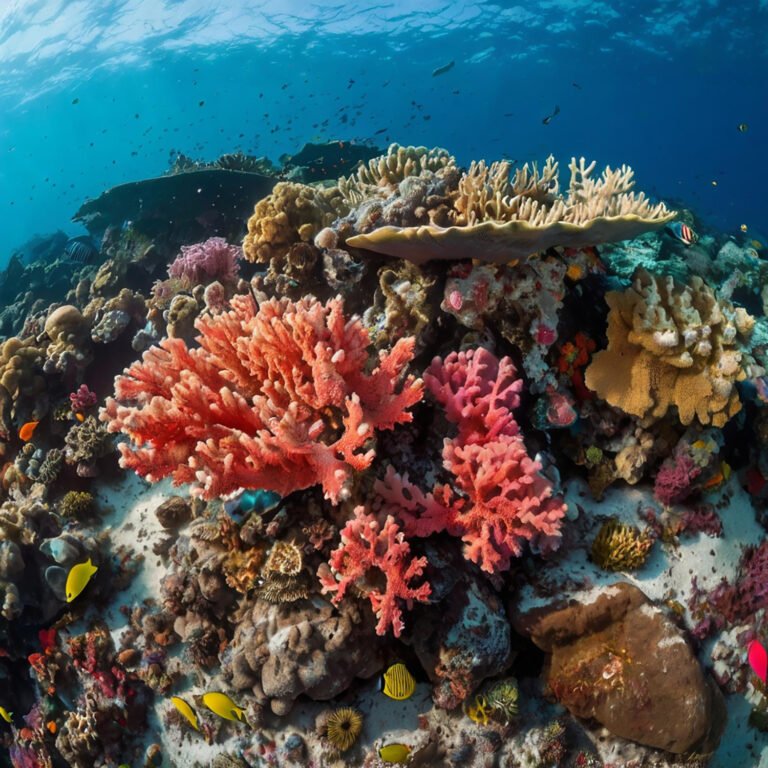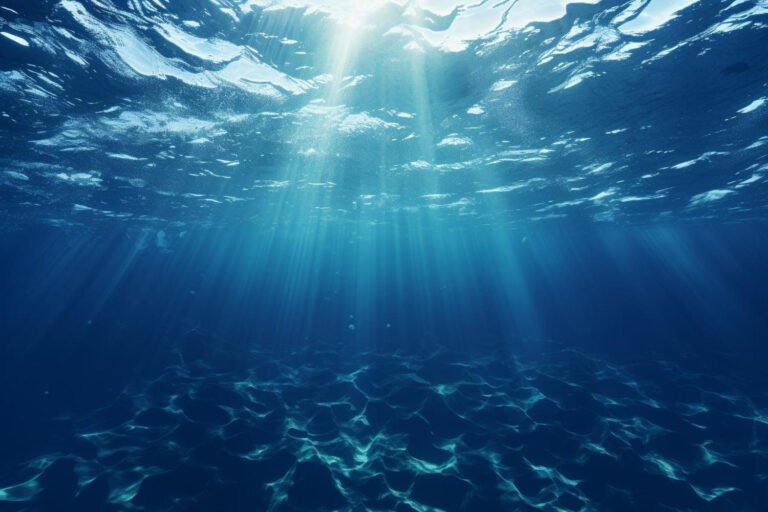Low Oxygen Levels Emerging as a Major Threat to Tropical Coral Reefs As Oceans Warm
Declining oxygen levels as oceans warm —termed ocean deoxygenation—is now recognised as an additional danger to tropical coral reefs, in addition to the better-known threats of ocean warming and acidification. As seawater warms, its capacity to hold oxygen decreases, leading to hypoxic conditions that can severely stress or even kill coral communities. These low-oxygen events, exacerbated by nutrient-rich runoff from land, disrupt essential biological processes in corals and pose a growing risk to reef ecosystems.
Important Points
- Ocean Deoxygenation: Rising global temperatures reduce the solubility of oxygen in seawater, leading to widespread declines in oceanic oxygen levels. This phenomenon, known as ocean deoxygenation, threatens marine life that relies on dissolved oxygen for survival.
- Impact on Coral Reefs: Corals depend on sufficient oxygen levels to maintain their metabolic functions and symbiotic relationships with algae. Hypoxic conditions can cause stress, reduced calcification, bleaching, and increased susceptibility to diseases, leading to mass mortality events in coral populations.
- Exacerbating Factors: Nutrient runoff from agricultural activities introduces excess fertilizers into coastal waters, promoting algal blooms. The decomposition of these blooms consumes oxygen, further depleting levels and creating dead zones detrimental to coral health.
- Consequences for Marine Biodiversity: As coral reefs decline due to hypoxia, the diverse marine species that depend on these habitats face displacement or extinction, disrupting fisheries and the livelihoods of communities reliant on reef ecosystems.







